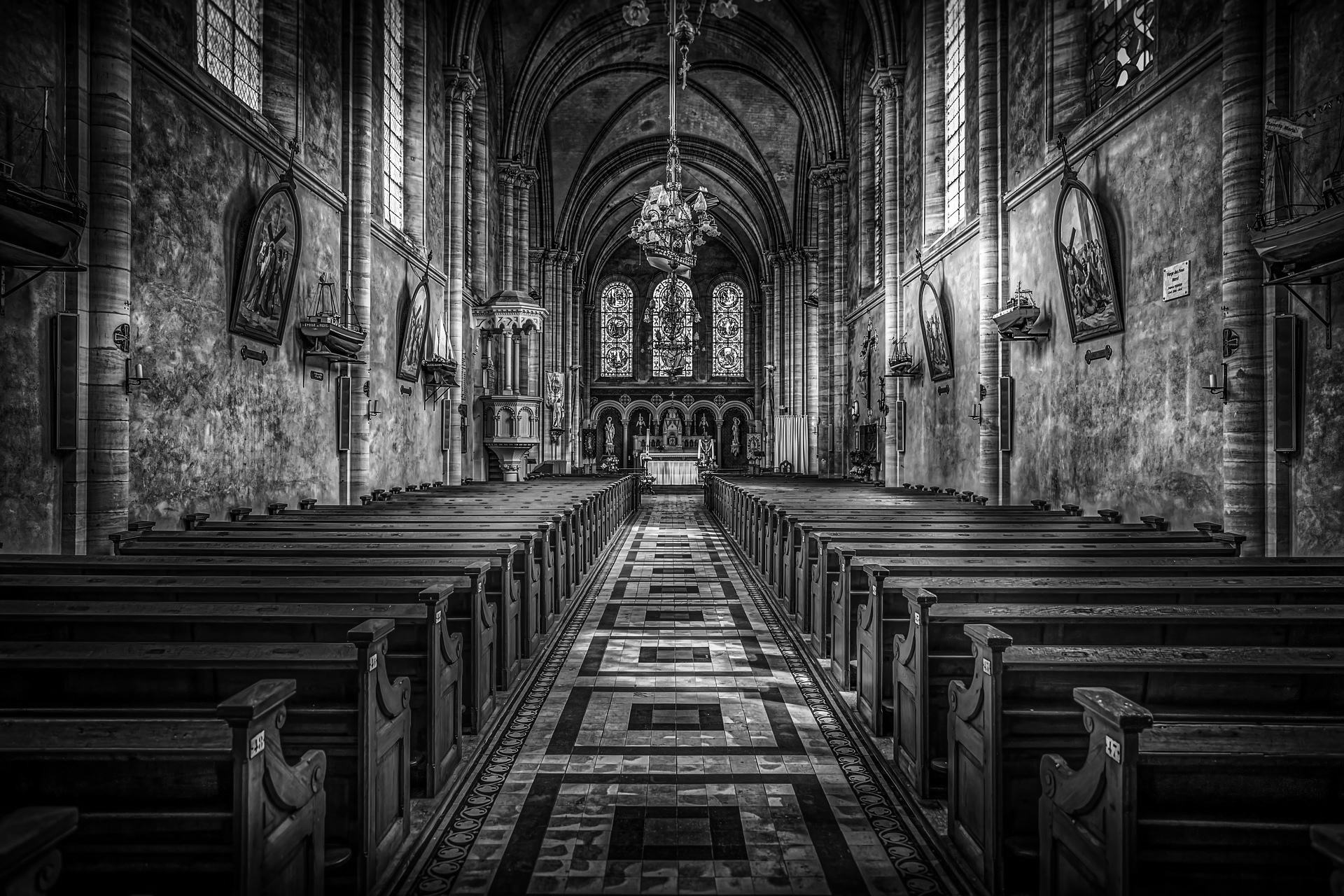Our Proprietor’s somewhat unusual choice.
Your choice of hero can reveal a lot, I reckon. Ronnie Reagan revered the ‘Duke’, John Wayne, and his canon depicting the lone cowboy standing up for freedom, decency and love of the land. In the 1980s, Neil Kinnock, trying to reform a dysfunctional Labour Party, wanted to be thought of as a winner: tough, hard-nosed and someone that got things done… His hero? Gareth Edwards. And what of John Major, the South London lad, who reached the top through hard work? His hero was the archetypal English gentleman amateur who won matches with apparent effortlessness: PBH May.
At boarding school in the 1970s, the hero index was measured by poster square footage on study walls. Some of the regulars were Meatloaf, David Bowie, Farah Fawcett, Fonzie, JR, JPR, David Steele, Tony Grieg, Tommy Cooper, ABBA and the tennis girl, of course. But I’m pretty sure no school study wall had a poster of my man.
For if you had asked me, circa 1970-75, who my hero was, I would have answered, Michael Ramsay. Yes, Archbishop Michael Ramsay, he of the bushy eyebrows. I need to explain.
“At a given point during the service, it was my grandfather who would ascend to the pulpit and everyone would listen to him”
At around this time my grandfather was (different kind of) canon at a glorious priory in Hampshire and I liked nothing better than to sit in the dark, cool vestry and watch him get ready for the next service. In particular, I loved the cassocks, the chains, the bells and the smells that formed part of those extensive high church, Anglo Catholic preliminaries. I was also very conscious of the hierarchy within the priory: curates, vergers, organists, bell ringers, choir masters, church wardens… The splendour of the dress was a big clue as to the pecking order, of course, but I was also aware that, at a given point during the service, it was my grandfather who would ascend to the pulpit and everyone would listen to him. He was a marvellous, ex tempore, preacher and, after the service, many would wait to speak to him and look so much happier once they had.
Then, around the age of six or seven, I started to realise that there were others even more important within the Church. I became fascinated by Anglican politics. My grandfather told me often that Ramsay was a very special, spiritual, great man. That was good enough for me. He also told me how, in the congregation at his earlier Hayward’s Heath parish, there had been a certain prime minister, Harold Macmillan. After Sunday eucharist, Macmillan liked to linger, sitting languidly on the table at the entrance to the church, and talk Anglican politics and, occasionally, theology. In 1961, when Archbishop of Canterbury Geoffrey Fisher retired, it was up to Macmillan to appoint his successor. My grandfather was in the Ramsay camp and pressed his case on Macmillan. Fisher, who had been Ramsay’s headmaster at Repton and a brilliant, brisk, politically brave administrator at Canterbury, advised Macmillan against appointing Ramsay: “He was a boy under me at Repton and I don’t think he would be very suitable.” Macmillan, who I like to think had been influenced by those talks with my grandfather, replied: “Well, Archbishop, you may have been Ramsay’s headmaster, but you are not mine and I intend to appoint Dr Ramsay. Good afternoon.” (Source: Church Times, January 2009.)
So, to me, Ramsay represented the triumph of the underdog schoolboy and it seemed as if my family had a very small part in his elevation.
When I hit my teens, my heroes changed and, sadly in many ways, became a bit more mainstream (Wonder Woman, Mud, Ali, Basil Fawlty) but, a decade on from those innocent early 1970s, there was one Ramsay snippet to come. At the end of my first day at university I sat opposite a youngish don of whom I asked all the right questions. To my left at the end of the table there was one very modest painting in a plain frame. I squinted in the candle light and as my eyes adjusted, blow me, it was a portrait of old bushy eyebrows himself, Ramsay. I asked the young don if he knew the great man. No, he didn’t, he told me, but he did know that all the fellows dreaded being seated next to the Archbishop because he rarely said anything. When asked once why, he had replied, “I prefer to speak only if I can improve on the silence.” As Eric Morecambe might have said, there’s no answer to that.
Advisers and non-execs…
As this winter quarterly goes to print, all the talk is, once again, of MPs’ venality in taking second jobs and getting paid by seemingly sensible private sector companies for, er, ‘advice’. No one seems to ask the obvious question: why on earth would any company pay good money for the commercial advice of an MP? When I first went into the City, the bank I worked for retained a Tory ex-FCO minister (thought of as a ‘thinker’). This gentleman was wheeled out at client and internal meetings to give a magisterial political tour d’horizon.
“If you’ve been successful in working the political angles in well-established, well-capitalised companies, or in government, time has normally been your friend”
I know I was only a baby, but I couldn’t believe anyone took him seriously. All he did was repeat that day’s Times leader. But he did say it with great deliberation and gravity, and the pinstriped fools that paid the salaries seemed to lap it up. When I worked in politics during the 1990s, I used to accompany ministers and MPs into the City. I cannot believe they ever said anything remotely commercially useful. I suspect all MPs know that they are engaging in a type of con when they get paid for ‘advice’, but if they can persuade others to take them seriously and pay them, then why shouldn’t they? I sort of feel the same about ‘big’ business and ex-civil servant non-executives for start-ups. If you’ve been successful in working the political angles in well-established, well-capitalised companies, or in government, time has normally been your friend. There has been very little downside in saying no to things, no decision you have taken is likely to have been existential. For start-ups, time is normally the enemy, cash is often running down and business plans, relationships and long-term objectives might need to be sacrificed/amended now for short term wins and/or cash. The grey-haired, big end of town, Whitehall non-execs might not get this ….
Stephen Yorke
syorke@propertychronicle.com








